- cross-posted to:
- [email protected]
- cross-posted to:
- [email protected]
The cat sitter told Knight that Ted had just walked through the catflap. “I didn’t believe it at first,” Knight said. “I had to get her to FaceTime me live so that I could see that Ted was actually alive.”
Knight soon realised she had paid £130 to cremate someone else’s cat. When she later went to collect the ashes, she saw the urn had been labelled “Not Dead Ted”.
Sounds like a really good reason not to let an animal you care about roam town on their own…
But what do I know.
(Kitty convict project represent!)
Never-outdoor cats live 4 times as long and aren’t absolute killing machines for songbirds the entire time.
If you hate mosquitoes, get your friends to keep their cats at home.

SURPRISE TABBY MOUSER
NINE LIVES MOTHERFUCKER!
Fantastic
I have arrived MFR
[12] And on the third day, Ted rose from the ashes.
[13] And there was a great consternation and much amazement among the humans as Ted did walk among them, proclaiming with meows and with postures:
[14] “Where is my food, Cecil and Emily? For until a cat has decided to leave, they should still be considered among you.”
The Book of Ted, Chapter 9 Verses 12-14.
I’m a devout believer, now.
s/now/meow/g
Now please turn to song 146 in your hymnals, The Cat Cameth Back.
Story time:
One day, the organisation handling pet registration in my country called me up. The person on the phone clearly tried to put on their most compassionate voice when they told me my cat was unfortunately found dead, run over by a car.
Luckily, my cat was chilling in my lap in that very moment, or I would have freaked out.Turns out, there was a switch-up with the registration number of another cat.
I cleared it up with them, but 4 weeks later I still received a letter asking how I’m doing with the loss of my companion and if I might consider adopting another cat.I never did find out if the owners of the cat that got run over were ever informed.
He just consumed one life, plenty more left.
The came back, the very next day, the cat came back… 🎶🎵🎶
Now i can’t get the song out of my head.
😁 you’re welcome. I can’t believe no one else did it before me, that was my first thought.
The came back, the very next day, the cat came back
This my favorite version. https://youtu.be/ltlPINPn8UU?si=_FdIeudctRQMcCdh
Moral of the story, leash your cats if they go outside. Don’t be a neglectful pet owner
This is the UK and not the US.
Cats in europe are far, far less at risk or a risk to the environment then in the US and outdoor cats are not at all a problem.
A cat being run over is rare. Being shot, poisoned or killed by a coyote or other wildlife quite unheard of. And they don’t pose any significant thread to local wildlife.
Americans created that dangerous and deadly invironment for animals themselves. That doesn’t mean that the whole world has to lock up or leash their cats.
Y’all don’t have birds in Europe?
Wait, are you asking about Europe or the UK? Two very different things.
The UK is Europe. Always has been, always will. Shifts in tectonic plates would have to happen to change this.
Cats have been in the UK for far longer than the Americas were colonised. The UK doesn’t have much of a natural ecosystem to protect in the same way the Americas still have. Despite that small cats have always been part of the ecosystem in the UK. We have wild cats, they are one of the last predators that aren’t pests we have in the wild. Our lack of predators is a problem, to the point people want to reintroduce wolfs.
So your wrong on both accounts. Letting cats outdoors is fine in the UK. Some animal shelters won’t let people adopt cats if they live in a flat and can’t let the cat outside.
Cats even have right to roam protections that are greater than most people in the UK have. Cats can’t trespass, so you can’t take action against them on your property.
The biggest threat to the local ecosystem they pose is breeding with wild cats. But is always recommend to neuter outdoor pets. Most birds here have always had the threat of small predators, and most of the birds are domestic breeds of pigeons that are pests.
Absolute BS!
Domestic cats are well known predators of rodents, birds and bats!
https://www.felineresearch.org/post/issue-brief-wildlife-impacts-of-outdoor-cats
https://www.birdspot.co.uk/garden-birds-and-cats/cats-and-the-decline-of-garden-birds
https://www.theguardian.com/environment/2022/aug/14/cats-kill-birds-wildlife-keep-indoors
You didn’t understand a thing I said.
I didn’t dispute they are predators. The fact they are predators isn’t an issue. The ecosystem in the UK lacks predators, and the prey animals aren’t in danger because of that. All the wildlife cats in the UK can make extinct they done it thousands of years ago.
It’s not relevant advice, to keep cats indoors in the UK. It’s complete ignorance and lack of critical thinking to insist that the US approach is even relevant.
I understand clearly that you think domestic cats are a natural part of the ecosystem, which they are not. Just because they were introduced a long time ago that doesn’t make them natural predators, and just becsuse their impact on native wildlife started a long time ago, that only makes it all the more damaging.
Yes we have wildcats, but like any animal, they have a natural niche. Domestic cats are simply everywhere and their populations are sustained by humans far far above any possible natural population numbers.
Therefore it is completely relevant to keep domestic cats indoors. I don’t know about the US approach you’re referring to, but I expect that domestic cats can have a similar impact there as anywhere.
There is simply nothing natural about domestic cats in natural ecosystems. I presented four peices of evidence and you still don’t see it!
The say the UK lacks predators, you clearly seem to have read one thing about it (I’m guessing about wolves, and therefore large predators, which have a completely different ecological niche to small cats, wild or domestic) and extrapolate that to equate this idea of yours!
You’ve simply got it wrong.
Yep. Same I Germany, my city essentially only has pets you can adopt from shelters if you let them roam. And they check up on the cat! So you can’t easily go back on your word, if they figure out the cat is kept inside you get quite hefty fines (plus the pet is taken away again, of course).
My guess is that the wild animal that poses the worst threat to a cat in the UK is probably a badger. Maybe a Scottish wildcat, though those are very rare and remote, and it sounds like those are more likely to mate with a housecat.
It does sound like the American badger, while smaller than its European counterpart, does tend to go more in for hunting, though:
https://a-z-animals.com/blog/american-badger-vs-european-badger/
Category American badger European badger Weight 20-30 inches long; 20-30 pounds 25-45 inches long; 20-40 pounds Diet Carnivore; gophers, squirrels, rattlesnakes, and birds Primarily omnivorous; earthworms, insects, grains, and small mammals Behavior …frequently hunts with coyotes Might be something of a wash there.
EDIT:
They also do have the adder, but we’ve got rattlesnakes, copperheads and cottonmouths, and I’m pretty sure that those, particularly some rattlesnakes, would be more dangerous.
https://en.wikipedia.org/wiki/Eastern_diamondback_rattlesnake
The eastern diamondback rattlesnake is the largest rattlesnake species and is one of the heaviest known species of venomous snake, with one specimen shot in 1946 measuring 2.4 m (7.8 ft) in length and weighing 15.4 kg (34 lb).
The eastern diamondback rattlesnake has the reputation of being the most dangerous venomous snake in North America.[40] While not usually aggressive, it is large and powerful. Wright and Wright mentioned a mortality rate of 30%, but other studies show a mortality rate of 10–20% (untreated).[18][41] The eastern diamondback rattlesnake is a major leader of fatal snakebites within its geographical range.[42]
And that’s mortality for humans, which are a lot bigger than a cat.
https://www.pdsa.org.uk/pet-help-and-advice/pet-health-hub/conditions/snake-bites-in-cats
Fortunately, adders tend to keep themselves to themselves and don’t bite unless they are scared.
If your cat has bitten by an adder, their symptoms will depend on where the bite is, and where the venom spreads to. If the venom stays in the tissues around the bite, it will cause pain and swelling, but if it spreads further and gets into the bloodstream, it can cause much more serious problems such as damage to the liver, kidneys, heart and nervous system. If venom is injected straight into the blood stream, it can cause death very quickly. It can also be very serious if your cat is bitten on the face, tongue or neck because swelling can lead to breathing problems.
With treatment, most cats make a full recovery, but sadly, in some cases, adder venom can cause severe illness and even death. The quicker your cat is treated, the better their outlook. Any cat with a suspected adder bite should be seen by a vet ASAP.
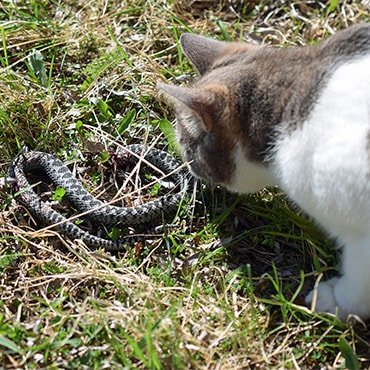
I’m not American and I disagree with everything you wrote.
Americans created that dangerous and deadly invironment for animals themselves.
Malicious American environmentalists protecting predators strike yet again!
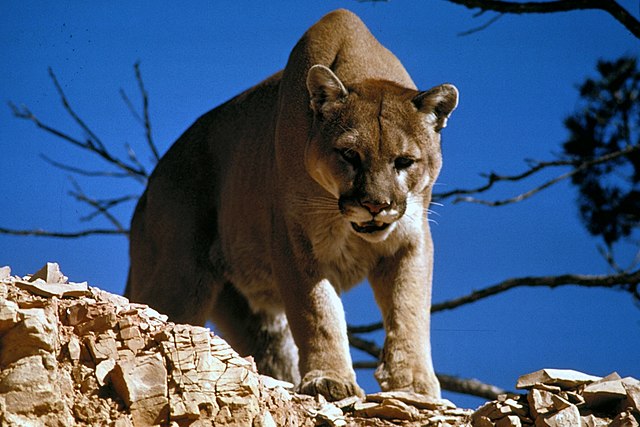
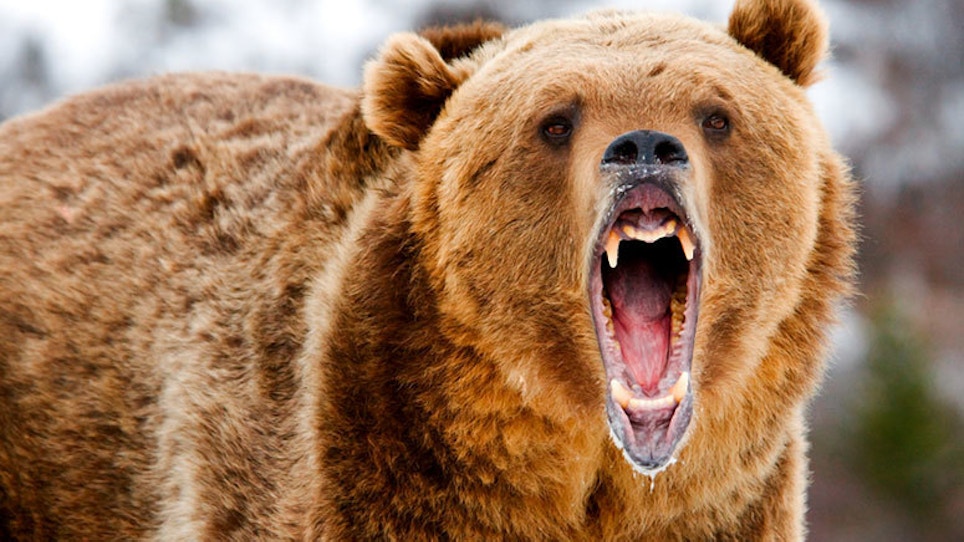

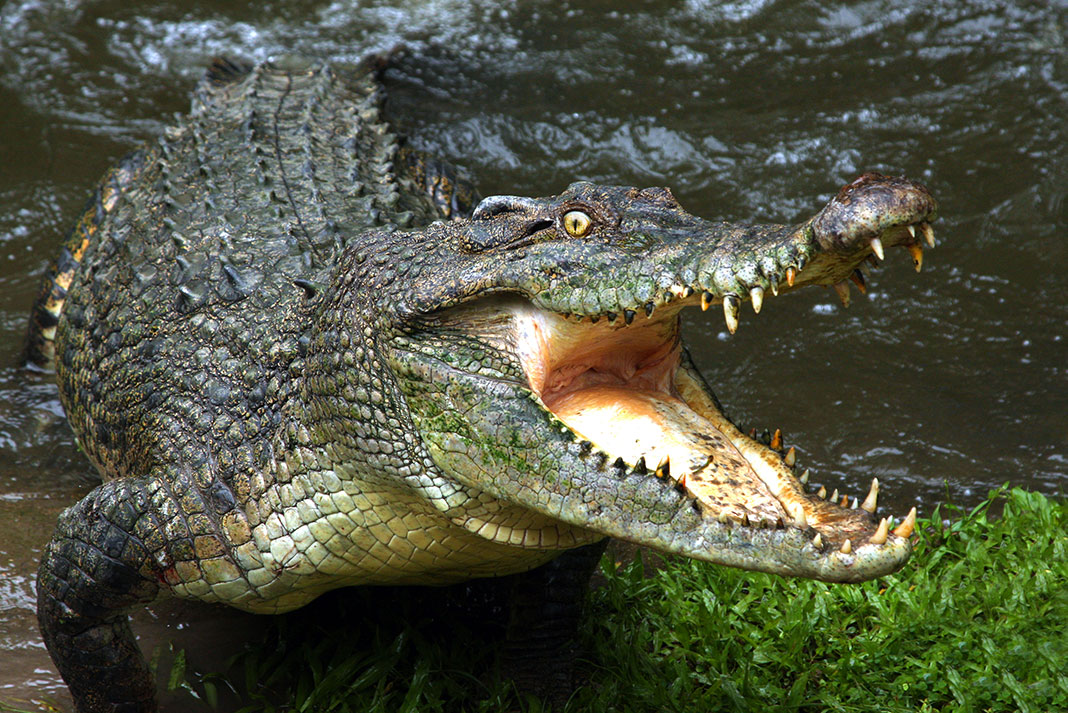
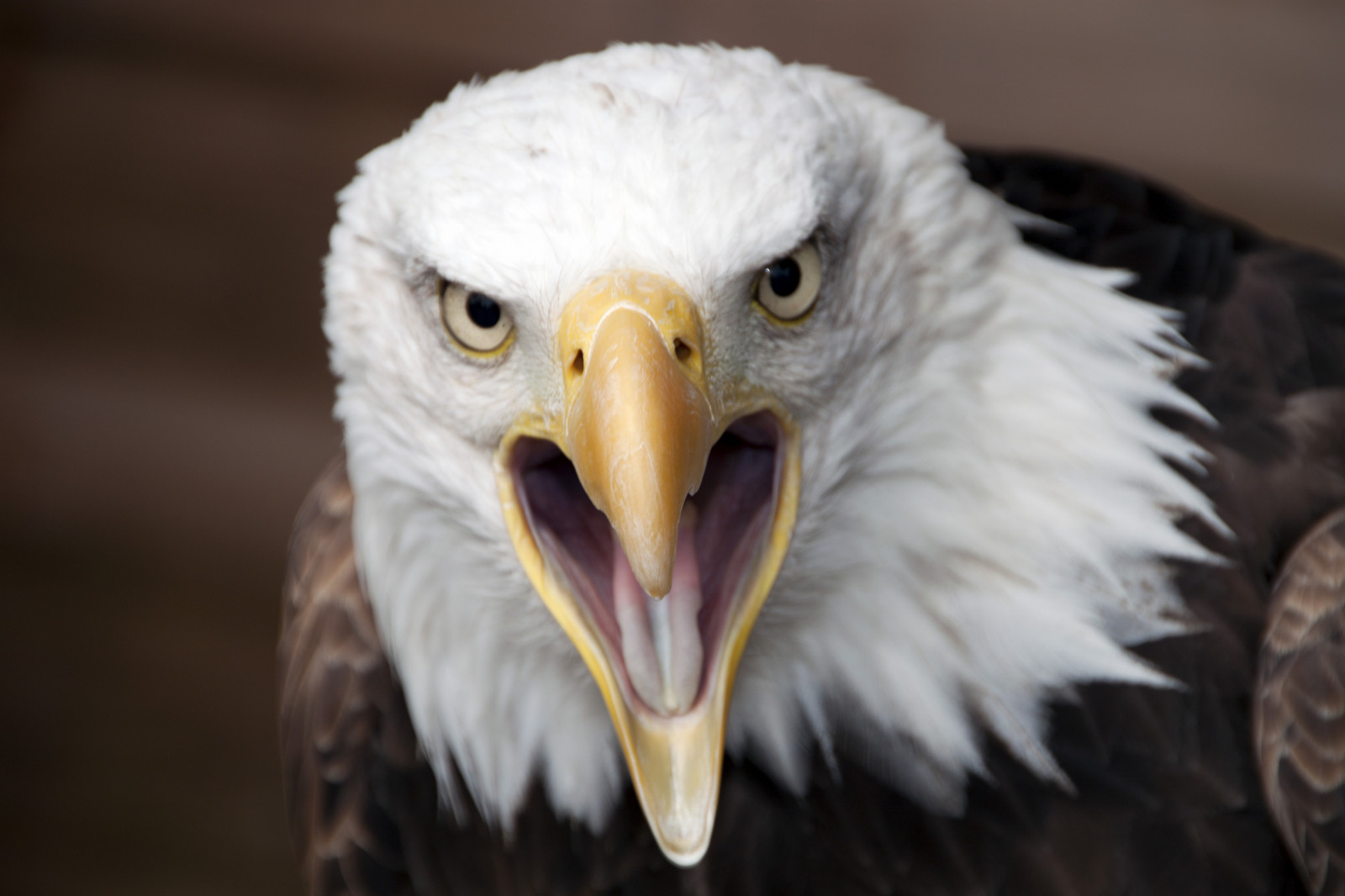
Do you mind elaborating a bit there? I mean I know people say birds are just government surveillance drones, but even if that were true you’d have “birds” too for the cats to kill in excess.
I don’t get the cars thing either. Like I know us Americans are absolute assholes in every single respect, but I’d be hard pressed to find someone who actively aims to run over cats. How is that different elsewhere?
In the UK, life expectancy of a cat is increased 50-100% by not letting it roam free, exact numbers vary between studies.
Lol what is this reply even.
deleted by creator
Cats do not abide by the laws of physics (or man)
Such a cat thing to do…
Life hack: when your cat dies, instead of paying for a funeral, wait for your neighbor to go on vacation, kidnap their cat, and tell them their cat died instead! They’ll pay for the funeral, and a few days later you can release their cat so no harm’s done.
Bonus: your neighbor’s cat, who is oblivious to the economic aspect to all this, gets showered with pets and treats, and your neighbor gains a new appreciation and enjoyment of their cat.
This is truly an altruistic act.
The gift purchases also stimulate the local economy, ultimately creating jobs. It’s a win-win.
Duh, it was just one of his nine lives… smh 🙄
Haaave you met Ted?
Its jesus cat












